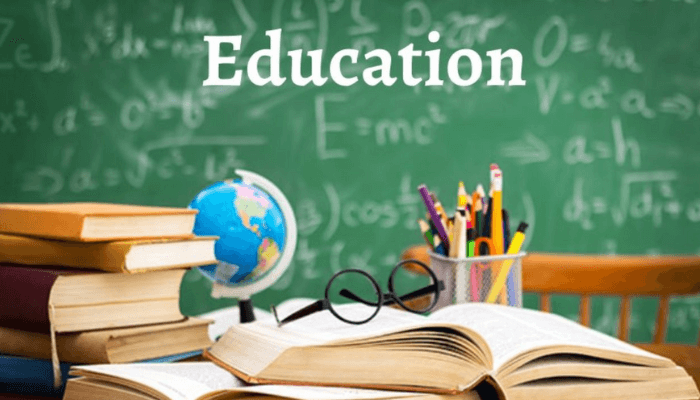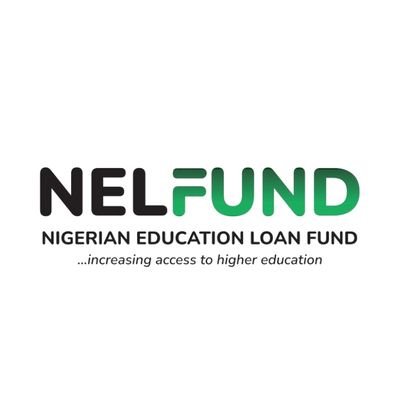Learn Africa Plc, a leading educational firm, has raised concerns about the growing menace of piracy in the country’s publishing industry and called on the Federal Government to take decisive action to combat the menace, which it says is crippling legitimate publishers and eroding the quality of education in the country.
The Managing Director, Hassan Bala, who disclosed this to reporters on the sidelines of the company’s yearly general meeting, lamented that piracy is depriving publishers of revenue and stifling creativity in the industry.
“The government really needs to help us to stamp out piracy because the capacity is there; if we are to sell our actual capacity, we’ll be talking about N100 billion or more, if not for piracy,” he said.
The company boss also called on the government to strengthen law enforcement agencies, particularly the Nigeria Customs Service (NCS), the Nigerian Copyright Commission (NCC), the Standard Organisation of Nigeria (SON), and the Nigeria Police Force (NPF), to ensure that copyright infringement does not go unpunished.
He added that the company plans to intensify its anti-piracy campaign through deeper collaborations with the Nigerian Publishers Association (NPA), NCC, and relevant security agencies.
Bala also announced plans to launch awareness programmes to educate schools and booksellers on the negative impact of piracy on educational quality and intellectual property rights.
Despite the challenges posed by piracy, Learn Africa, however, recorded a revenue of N5.18 billion in 2025, a 26.9 per cent increase from N4.08 billion in the previous fiscal year.
The Chairman, Mr Emeke Iwerebon, attributed the growth to the company’s strong market acceptance of its titles, strategic sales initiatives, and enhanced collections efficiency.
“The 2024/25 financial year was marked by significant macro-economic volatility, both globally and within Nigeria.
“Ongoing geographical conflicts disrupted international supply chains, raised energy prices and worsened global paper shortages, factors that directly affected our production costs and pricing structure,” he said.
Iwerebon noted that despite Nigeria’s Gross Domestic Product (GDP) growth from 2.7 per cent in 2023 to 3.4 per cent in 2024, the increase did not translate into better living conditions for citizens due to overlapping policy measures, particularly those affecting the foreign exchange market.
He added that the removal of petrol subsidies further eroded purchasing power and placed additional strain on business operations, but the firm was able to record an outstanding revenue increase.
“Profit after tax rose sharply to N474.98 million, compared to N11.19 million in the prior year, reflecting the effectiveness of the cost-control strategies and financial discipline implemented by the management.
“However, our cost of production rose to N2.17 billion, up from N1.63 billion. This increase was driven by the naira devaluation, rising logistics costs, and continued disruptions in global paper supply,” he explained.
In recognition of the company’s improved performance and in line with its commitment to creating value for shareholders, the board of directors has recommended a dividend of 35 kobo per share for the financial year ended March 31, 2025.
On his part, Sunday Nwosu, a shareholder, said the success in both dividend increase and shareholders’ meetings was borne out of lessons learned from existing programmes.
“We learnt from what happened last year to improve this year, definitely we’ll be clamouring for improvement next year,” he said.





